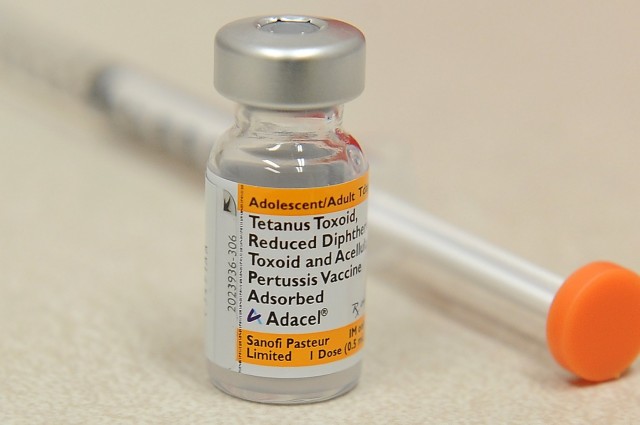
In the two weeks since California health officials declared a whooping cough epidemic, the state has added 1,100 more cases, officials with the California Department of Public Health said Friday.
That brings the total number of cases to 4,558. A third infant died of the disease recently. The baby, from Sacramento County, had started showing symptoms at just 3 weeks of age. The baby was hospitalized for more than a year and then passed away.
Infants are at particular risk because they cannot be vaccinated until they are several weeks old. Generally, the recommendation is that babies receive the first dose of vaccine at 8 weeks, but in light of the epidemic, state health officials say babies can be vaccinated at 6 weeks.
In addition, state epidemiologist Dr. Gil Chavez urged all pregnant women to be vaccinated against whooping cough, also called pertussis, in their third trimester of pregnancy. A mother's antibodies can transfer some immunity to the baby.
"Vaccination of pregnant women is the most important thing that can be done to protect infants until they are old enough to be vaccinated," Chavez said.